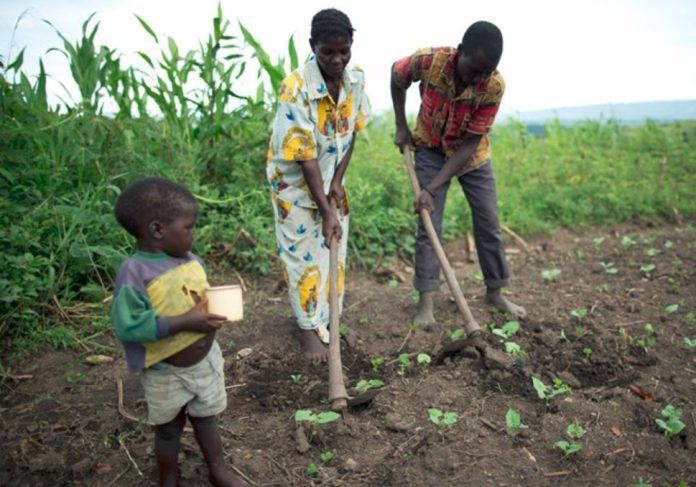News in brief: The Food and Agriculture Organization (FAO) highlighted the impact of agriculture on child labour, particularly in sub-Saharan Africa, where 82% of affected children are involved in the sector.
On World Day Against Child Labour, which is commemorated on June 12, the Food and Agriculture Organization (FAO) torchlit how agriculture contributes to this endemic.
In its article ‘Reshaping agriculture in Africa to end child labour’, the agency reveals work it has been doing to tackle the issue. Although, children all over the world are engaged in child labour, FAO says that there are more children affected in sub-Saharan Africa. It added that an incredible 82 per cent of the number in this region are work in agriculture.
To draw a clearer distinction between child labour in agriculture and regular chores, the agency said that this kind of work must go ‘beyond the limits of safety and well-being’ and endanger their health or education access.
This clarification is important because age appropriate safe chores that don’t interfere with children’s education and health are not part of child labour. In fact, they are good because children can pick up valuable skills in food production that will come in handy later in life.
FAO efforts to curb child labour in agriculture in sub-Saharan Africa
One of the FAO’s efforts is the Junior Farmer Field and Life Schools (JFFLS). This programme promotes quality education for children and teaches them farming skills that are appropriate for their age. It is currently underway in Uganda and has seen parents’ coorporation.
Another way it is helping Ugandans is providing framework for policies that prevent child labour. Also, the agency founded the International Partnership for Cooperation on Child Labour in Agriculture. This partnership includes International Union of Food, Agricultural, Hotel, Restaurant, Catering, Tobacco and Allied Workersâ Associations and other partners. FAO says that together, they have helped governments promote policies to stop child labour. The cooperation played a key role in adding specific child labour laws to the Durban Call for Action targeting agriculture.
In Ethiopia, the agency was able to link heavy rains to increased demand for young boys labour. This work in establishing a link between climate change and child labour will create a better understanding for future policies and interventions.
FAO has also launched the Child Labour in Agriculture Prevention Facility that it hopes will target the sector’s direct contribution to this global issue. The agency wants to establish partnerships and investments to improve rural communities and give children better chances.



